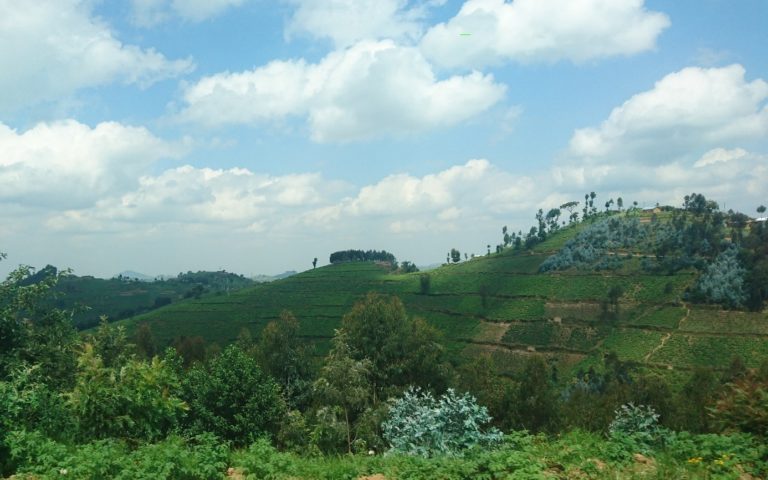This blog post was written by Ingrid Wesström, Senior Lecturer at the Department of Soil and Environment; Agricultural water management and Abraham Joel, Researcher at the Department of Soil and Environment; Agricultural water management, SLU.

Knowledge transfer and building local capacity are key issues for resilient use of soil and water resources in agriculture production to cope with a changing climate. This to ensure food production and protect environment under threat.
The natural resource base continues to be very fragile and under threats from various pressures, such as unsustainable practices, increasing population and climate change. For that reason, old and new problems have to be addressed and solved simultaneously. Climate change involve temperature increment and changes in precipitation patterns. This creates a situation where drought, floods and erosion will become more frequent and with higher amplitude.
Soil degradation is still a major threat and land areas are taken out of production or have less productivity. Water erosion stands for almost 50% of the land degradation and more extreme weather situations in the future will make the situation worse. Therefore, better land use planning combined with local adapted soil and water conservation strategies has to be considered in the future use of soil resources.
Too little water or too much water has historically been a challenge for farmers. Irrigation and drainage have been the techniques for managing soil water content in field, but the implementation is still problematic in terms of efficiency in the use of the water resources and environmental impact. Significant improvements in the use of water are possible even with the use of traditional surface irrigation systems. However, each field is unique and farmers need knowledge on how to irrigate under specific field conditions.
Mitigation of the impact of climate change can be possible, but it will require significant investments in capacity for bringing knowledge into practices but also for generating new knowledge. Still, generation of knowledge is not sufficient. We need to disseminate the knowledge to several actors such as decision makers and land users.
SLU has longtime experiences of cooperative research project and beside the specific research thematic; building local capacity has being a central issue. Examples of past projects are: Evaluation of soil erosion rates under different land uses in Nicaragua and Developing of water saving strategies for irrigation in Mozambique. Examples of ongoing and new projects are: Management of salt affected soils and GHG emission for rice production in Rwanda; Precipitation patterns in changing climate and the need for adaptation in terms of water supply and land use planning.
